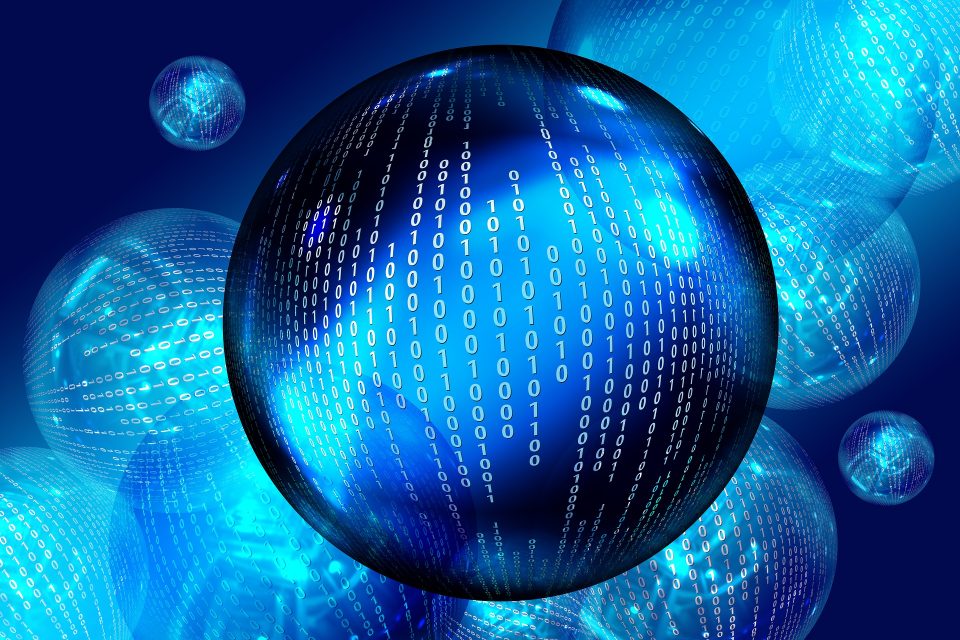Quantum computing is a futuristic term that gets thrown around in Sci-Fi movies and novels, touting the promise of unimaginably powerful technology for the benefit of humanity – but it won’t be science fiction forever.
Microsoft and Netherlands-based QuTech (part of TU Delft technology university) have started a long-term collaboration on the development of topological quantum qubits – the particles that make up the building blocks of future quantum computers.
While traditional silicon-powered computing utilises bits which are found in either 1 or 0 states – a combination of which results in computations – quantum bits (or qubits), have an extraordinary property which enables them to be in both 1 and 0 states simultaneously. This makes it possible for certain types of complex calculations to be solved incredibly fast, outpacing even the very largest existing supercomputers.
As part of the collaboration, Microsoft will open its own lab on campus, Station Q Delft, investing heavily in staff and facilities and boosting the research. Ronald Hanson, Director of QuTech states that “In science, we have made enormous leaps in quantum technology in recent years and are now on the verge of actually being able to use the technology. To achieve this, it is essential that we bring together cutting-edge science from universities and advanced engineering from high-tech companies like Microsoft.”
In addition to working on the topological qubit, scientists at TU Delft are also working on a quantum internet, which is set to allow the creation of extremely secure communication channels. Fault-tolerant quantum computing – in which several qubits together monitor fragile quantum states – is another ongoing project. In the latter, TU Delft scientists are working intensively with chip manufacturer including Intel.
This collaborative effort will ensure that the very best minds and tools are paired up, working together to create what is shaping up to be one of the most important technological initiatives of the modern world. From calculating previously unknown special materials to number-crunching medical data, AI and more, the future is filled with exciting possibilities.




